

IS YOUR SKINCARE PACKAGING TRULY RECYCLABLE?
From spaceships to skincare and planes to pens, you can make just about anything… and everything from plastics, it is after all the world’s most versatile range of materials. A world without plastics is unfathomable – but there is a slight, tiny snag.
Plastics are artificially created synthetic chemicals that doesn’t quite play well with nature. Discarded plastics are a major cause of pollution, cluttering rivers, seas, and beaches, killing fish, choking birds, and making our environment a much less attractive place – and your skincare could be a source of it (and it’s not just what’s on the inside either)
The global plastics problem
Plastics are incredibly versatile – by definition: the word plastic, which means flexible, says it all. The trouble is that plastic is just too good. We use it for mostly disposable, low-value items such as food-wrap and product packaging, but there’s nothing particularly disposable about most plastics. On average we could use a face wash for a few weeks before getting rid of it, but it takes around a thousand years to break down in the environment – and that’s just an estimation, since plastics have only been around for only a century so far.
Getting rid of plastics once it’s created is extremely difficult. Burying plastic leeches potentially toxic substances into the soil and groundwater, polluting the soil with nanoparticles (less than 0.1 micrometre in size) which can end up in the food chain and toxins which pollute nearby water sources. Burning plastic can give off toxic chemicals such as dioxins while collecting and recycling them responsibly is also difficult, because there are many different kinds of plastic and each has to be recycled by a different process.
If we used only tiny amounts of plastics that wouldn’t be so bad, but we use them in truly gargantuan quantities. In Britain alone (one small island in a very big world), people use eight billion disposable plastic bags each year. If you have ever taken part in a beach clean like we have, you’ll know that most of the waste that washes up on the shore is a common material: plastic.
We are quite literally drowning in plastic that we just can’t get rid of – and it’s a problem that is just going to get worse.
Making plastics better
Mankind, as a collective whole faces the mounting (no pun intended) heap of plastic waste we just can’t seem to get rid of. Ironically, plastics are engineered to last. You may have noticed that some plastics do, gradually, start to go cloudy or cracks after long exposure to daylight (more specifically, in the ultraviolet light that sunlight contains). To stop this happening, plastics manufacturers generally introduce extra stabilizing chemicals, plasticisers, to give their products a longer life.
On a side note, plasticisers come with their own issues, these chemicals such as bisphenol & phthalates are known endocrine disruptors which is partially the reason we chose black tubes as we can use carbon black, which is far safer. (The other reason? We can switch to recycled plastic in the near future 😊)
With society’s ever-increasing focus on protecting the environment, there’s a new emphasis on designing plastics that will disappear much more quickly. Broadly speaking, so-called “environmentally friendly” plastics fall into three types:
- Bioplastics made from natural materials such as sugarcane & corn starch
- Biodegradable plastics made from traditional petrochemicals, which are engineered to break down more quickly
- Eco/recycled plastics, which are simply plastics made from recycled plastic materials rather than raw petrochemicals.
This Story Continues on Page 2
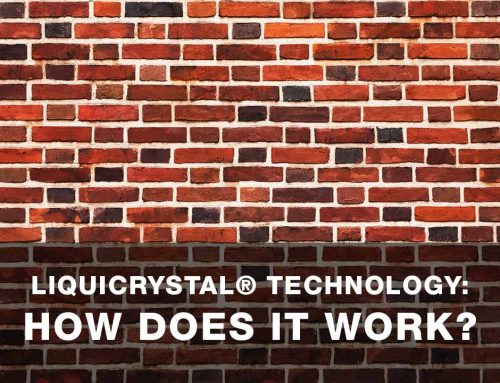
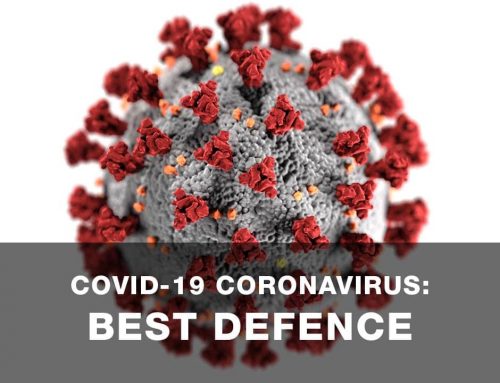
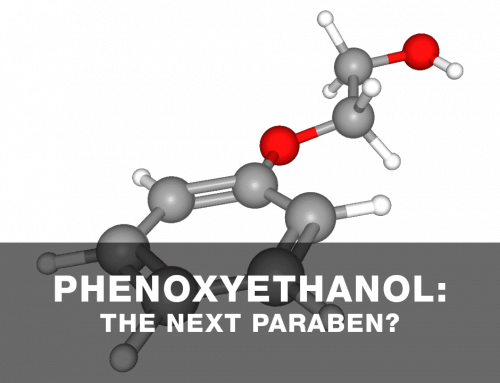
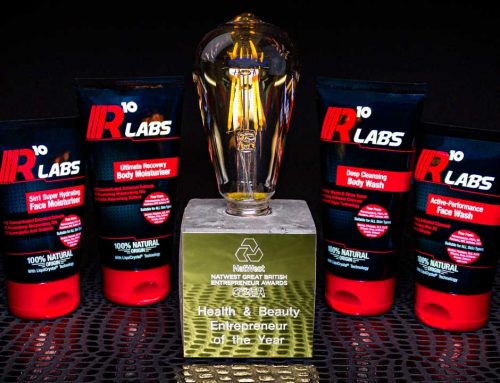
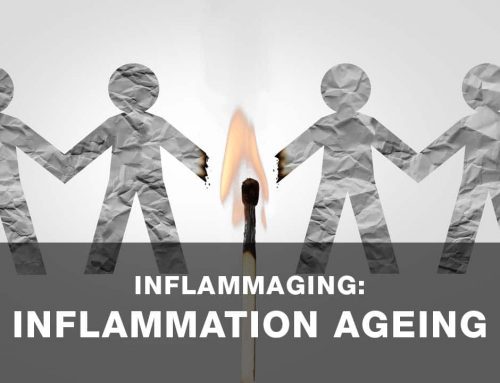
Leave A Comment